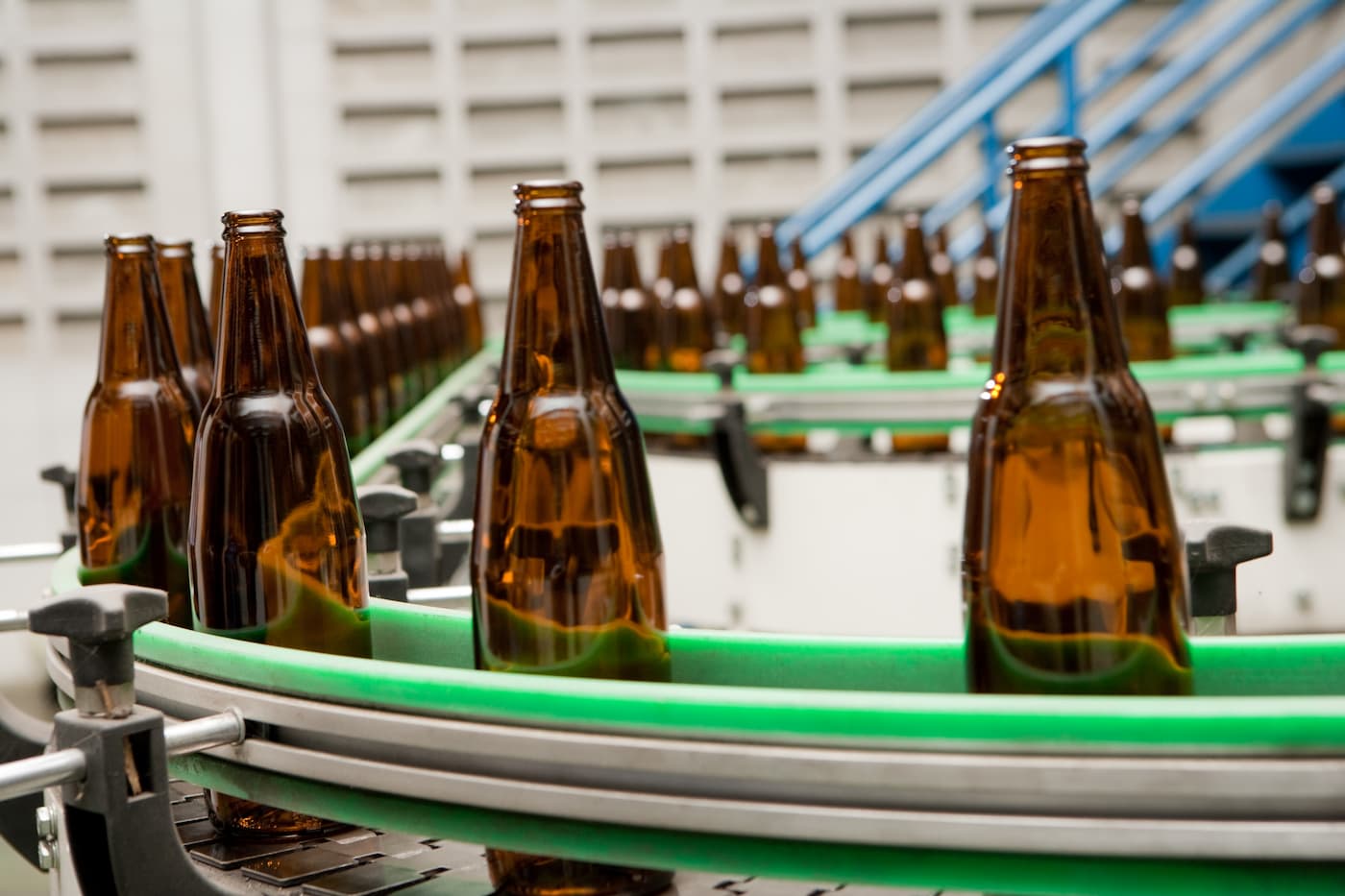The number of craft breweries in the United States has grown consistently for over a decade. Even the global pandemic couldn’t stop beer makers. According to the 2018 Annual Craft Brewing Industry Production Report, small and independent brewers made 24.8 million barrels in 2021. That’s enough to fill six-packs around the Earth five times if they were stacked side by side. In 2021, the industry reached a new high with more than 172.643 direct job opportunities provided by over 9,000 craft brewery companies. This is a 25% rise from 2020.
Standing out in a crowded industry means bringing more than a delicious IPA. Craft beer entrepreneurs can learn from their inventiveness and drive to succeed. We’ve collected insights from suds-makers who have shared their ideas on how to stand out and scale up your business, what they said.
Double your vision
A European-style communal biergarten seemed obvious to Nicole Jacobi, owner of Ludwig’s German Table and Ben Bate in San Jose. The two immigrants, Ben from England and Nicole from Germany found that the first few months were lukewarm. Bate told Clover that one of the most complex parts of opening a beer garden was getting customers to accept communal eating. In Europe, sharing a table with a stranger is standard. When we opened, we only had two high tops with two seats per table. “People used to queue up for these two small tables, and only larger groups would sit at the communal table.”
Jacobi and Bate were tempted to wait to change their strategies. They knew the communal tables would be a significant part of Ludwig’s. The owners wanted the experience to be authentic, true to European biergartens and pubs. Even if it meant customers had to get used to it. Bates says, “We stayed true to our principles.” This was part of the dining ambiance we wanted to create. The communal seating encourages conversations… We eventually removed the smaller tables and changed everything to a collaborative setting. “Now people love it!”
Pounce on your passion and follow it through
Drumconrath Brewing Company began the same way as many other craft breweries — with a kit for home brewing. His mother gave Sam Corr a Mr. Beer Kit for Christmas 2006, and the passion began. Corr spent six years perfecting his craft, making batch after batch and sharing it with friends and family.
Corr jumped into the game in 2012 when a new law in North Dakota allowed breweries. Corr recalled that his wife was tired of him always giving away beer. We talked about it and looked at our finances. Then we leaped.” Drumconrath Brewing, named after the small Irish village of County Meath, where Corr’s family is from, officially opened on March 30, 2017, in Mapleton, North Dakota. The business has since grown and moved to a more prominent location in downtown Fargo.
Years of dedication led to Corr’s successes, and those years of devotion were fueled by his passion for brewing. Corr’s passion for brewing was something other than what he did in his spare time. It was a calling he felt called to pursue.
Do the right thing for your business and the world.
Maine Beer was founded by two brothers with a kit for home brewing. David and Daniel Kleban started homebrewing in 2009. They were working at corporate jobs and doing an internship, respectively. As their skills and beer improved, they considered turning their weekend operation into a small business.
Aside from the beer they made, the brothers’ experiences in corporate America ultimately defined their business. In 2008-09 when the company was formed, Daniel and David saw the negative impact of corporate greed in our society, a spokesperson explained during a recent interview at Sickles Market. “They believed running a successful company and caring for your staff, the community, and the environment did not have to be mutually incompatible.”
Since the founding of Maine Beer Company, the company has pledged to donate 1% of gross annual sales to environmental non-profits. Maine Beer raised over $600,000. By focusing our giving this way, Maine Beer can see the real impact of our donations and knows that our support goes to organizations that are improving our community and planet.

